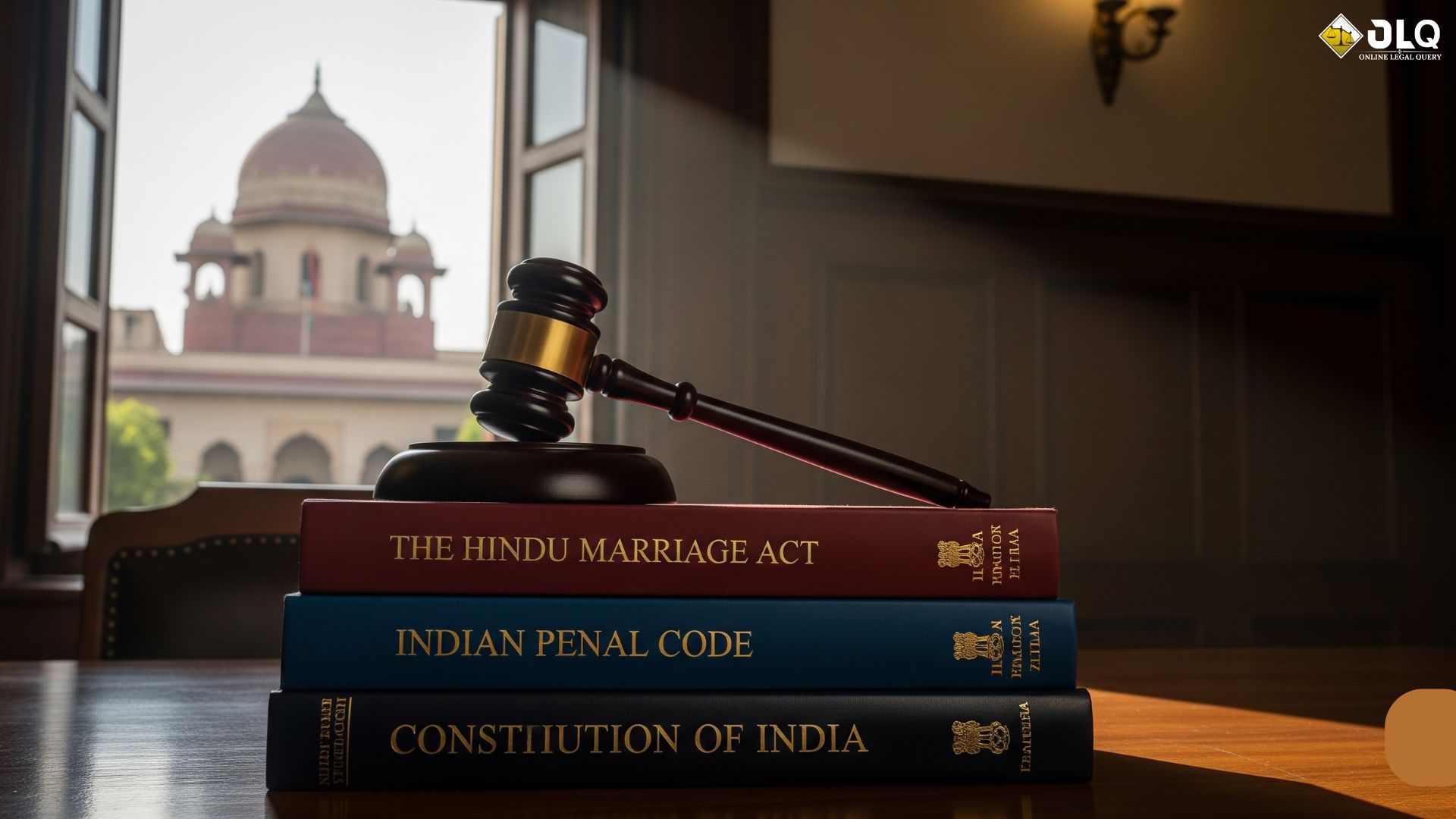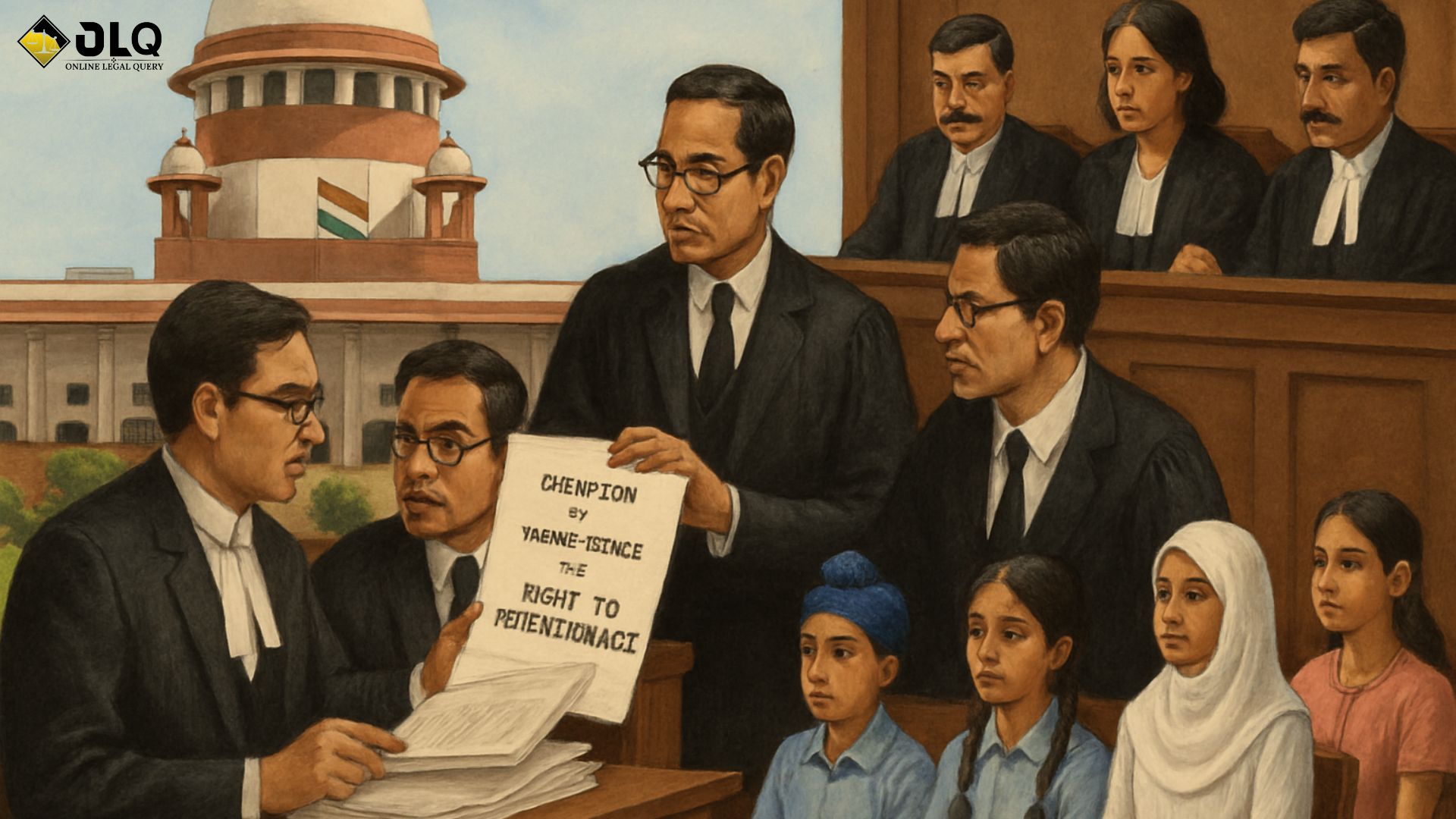Introduction
The parent-child relationship is one of the most important bonds in human life. While mothers are often seen as primary caregivers, the role of fathers in a child’s upbringing is equally significant. A healthy father-child relationship not only strengthens emotional stability but also plays a vital role in shaping the child’s personality, values, and future relationships.
In cases of divorce, separation, or custody disputes, children often become the most affected. The law recognizes that even when a father may not have custody, his right to maintain contact with the child through visitation is essential for the child’s well-being. This is why visitation rights have been legally acknowledged in India and across many parts of the world.
This article explores the importance of the father-child bond, legal provisions relating to visitation rights, and why such recognition is crucial for both parents and children.
Why the Father-Child Bond Matters
- Emotional Support and Stability – A father provides security, guidance, and encouragement. Regular interaction helps children feel loved and supported.
- Balanced Parenting – Children need both maternal care and paternal influence. Fathers contribute differently to a child’s development, fostering independence and resilience.
- Identity Formation – A strong bond with the father often contributes to better self-esteem and confidence in children.
- Better Academic and Social Outcomes – Research shows that children with active father involvement tend to perform better in school and display healthier social behavior.
Legal Recognition of Visitation Rights
Visitation rights are designed to ensure that non-custodial parents, usually fathers in most cases, are not deprived of their relationship with their children.
Indian Legal Framework:
- Guardians and Wards Act, 1890 – Provides for custody and visitation rights keeping the child’s best interests in mind. The welfare of the child is the foremost consideration for courts when determining visitation rights.
- Hindu Minority and Guardianship Act, 1956 – Identifies both parents as natural guardians, safeguarding the father’s role in maintaining a relationship with the child.
- Judicial Approach – Courts often grant visitation rights unless there are proven circumstances that could harm the child. Modern judgments have highlighted that depriving a child of paternal love and care is detrimental to their growth.
Types of Visitation Rights:
- Physical Visitation – The right to meet and spend time with the child at specific intervals.
- Virtual Visitation – Use of video calls, phone calls, and online interaction to maintain the bond when physical visits are not possible.
- Supervised Visitation – When safety concerns exist, visits are conducted in the presence of a third person or authority.
Challenges in Visitation Enforcement
- Parental Conflicts – Custodial parents may sometimes restrict or deny access out of personal disputes.
- Child Resistance – In some cases, children may hesitate due to the influence of one parent or emotional stress.
- Legal Delays – Prolonged court procedures often create gaps in maintaining the father-child relationship.
Why Legal Recognition is Crucial
The legal recognition of visitation rights ensures that the bond between father and child is protected, regardless of parental differences. It prevents children from being used as tools in disputes and ensures that both parents play a role in their growth. Ultimately, the child’s holistic development depends on balanced parental involvement.
Conclusion
The relationship shared by a father and child is unmatched and significantly influences the child’s development. While custody battles often focus on the mother’s role, the law recognizes that fathers, too, have an undeniable place in their child’s journey. Visitation rights ensure that children are not deprived of their father’s presence, love, and guidance. In the end, the guiding principle is the welfare of the child, which thrives when both parents are allowed to contribute positively, regardless of marital disputes.
FAQs on Father-Child Bond & Visitation Rights
1. What are visitation rights in child custody cases?
Visitation rights allow the non-custodial parent, often the father, to meet and spend time with their child at scheduled times as ordered by the court.
2. Can a father be denied visitation rights?
Yes, but only if the court believes that the father’s presence would negatively affect the child’s welfare, such as in cases of abuse, neglect, or harmful behavior.
3. How are visitation schedules decided by the court?
Courts consider the age of the child, school schedule, distance between parents’ homes, and the child’s comfort before deciding a suitable visitation schedule.
4. Can visitation rights include online interaction?
Yes. Modern courts recognize “virtual visitation,” which includes video calls, chats, and phone calls to maintain regular contact when physical meetings are difficult.
5. What should a father do if visitation rights are denied?
If a custodial parent refuses visitation despite a court order, the father can file a petition in court for enforcement of his visitation rights.








